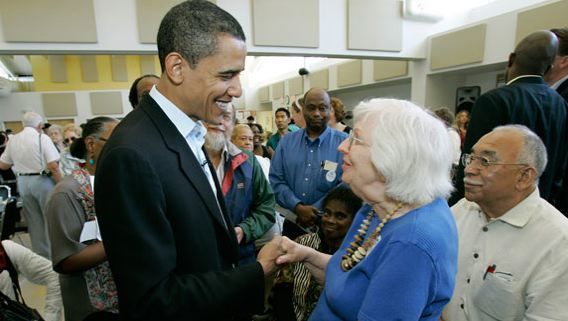Last summer, Americans for Prosperity analyzed the disappointing Medicare reforms in the President’s signature health care law. This week, the President suggested additional so-called reforms to Medicare in this State of the Union speech. Just like his reforms in 2010, these proposals fail to address the underlying issues in Medicare. One reform in particular, Medicare D drug rebates, cloaks a tax hike for seniors in the rhetoric of class welfare.
Medicare Part D was created in 2006 to allow seniors to purchase prescription drug coverage to support traditional Medicare coverage. The program harnesses the power of the free market by allowing insurance companies to compete for business. Seniors have numerous options for purchasing their coverage, and the program has been wildly successful. Almost 90% of seniors are satisfied with the program and costs are 40% below original estimates–an incredible feat for any government entitlement program.
During the State of the Union, the President said “We’ll reduce taxpayer subsidies to prescription drug companies.” This seems like a great idea that everyone should support. But like most things from this President, his rhetoric distorts and disguises the real issue.
Insurance companies negotiate prices with all providers within its system, including drug companies. Insurers want to ensure the best quality drugs at the lowest possible prices, driving down the total cost of insurance. The drug manufacturers try to negotiate for the best price for their end. As with all voluntary trades, a mutually-beneficial, consumer-focused outcome is achieved.
The President is out to disrupt this delicate balance. He claims these negotiations results in a “subsidy” to drug makers; they are making too much money at taxpayer’s expense. That’s only because the insurance companies don’t force drug makers to sell their products at a loss as the government does in Medicare’s poorly-run sister, Medicaid.
Under the President’s Medicare proposal, drug companies would need to rebate up to 23% of their drug sales back to Medicare as determined by health care bureaucrats. This isn’t a “rebate” at all; it’s a tax on drug companies.
Obviously, this would have dramatically impacts on the market. Drug companies would respond by embedding the cost of tax in the price of their drugs, driving up the end cost of insurance for seniors. Increasing the price of insurance–due to direct government involvement–functions exactly as a tax increase for seniors. A recent study by the American Action Forum estimates that these drug rebates would increase the price of Part D premiums up to 40%.
Instead of outright supporting a tax on drug companies, like he has with medical device makers, the President hides his real agenda in harmless sounding language of ending unfair subsidies.
Again and again, President Obama supports Medicare reform plans to consolidate power in the hands of bureaucrats removing choice and competition. This latest proposal embodies the President’s preferred outcome with dastardly results for seniors–a 40% increase in the price of insurance.
Read more: Americans for Prosperity Blog.




